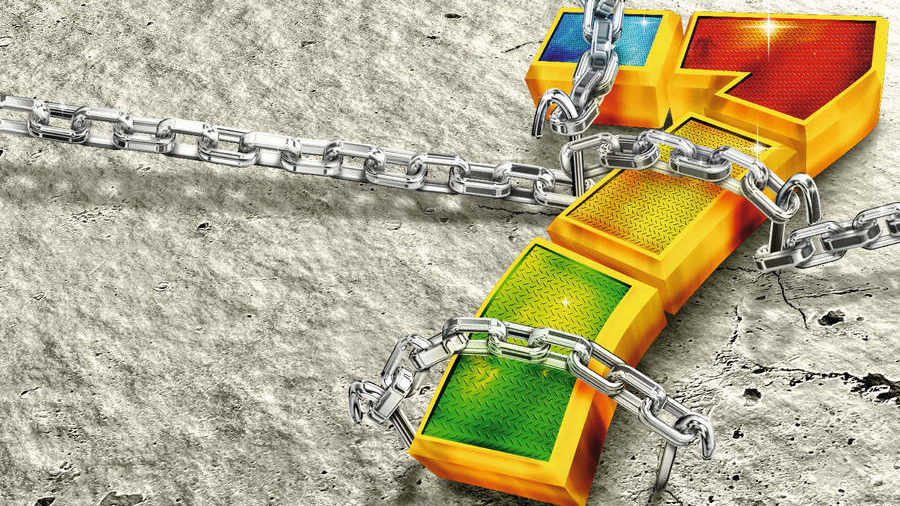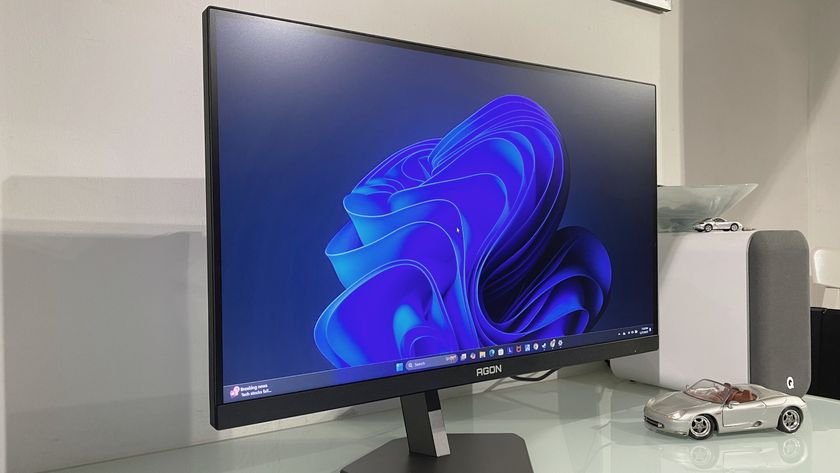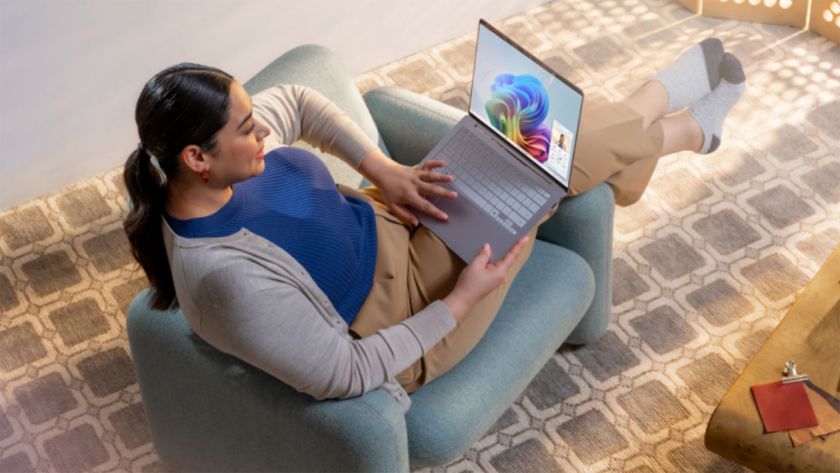Microsoft, just admit it: Windows users don't want Windows 8
Metro makes sense for touch, but what about mouse users?

Microsoft has a Windows 8 problem. Some like it, few love it and many actively dislike it. Now HP is backing away slowly with its palms up, is it time for Redmond to admit defeat and move on by moving back?
This week, HP began to sell consumer PCs running Windows 7. In the US at least, Windows 7 is being offered as a standard install on both desktop and notebook PCs rather than Windows 8. The five-year-old OS is, HP claims, "back by popular demand."
Windows 8 is a stable, fairly well put together OS. There are a few technical niggles you could have with it but the main gripe that comes up again and again anecdotally is the interface. In Windows 8, Microsoft is trying both to update its main OS and make it suitable for use on tablets and touchscreen PCs. The result is a mess.
"Microsoft is trying both to update its main OS and make it suitable for use on tablets and touchscreen PCs. The result is a mess"
The desktop problem
The Metro shell is fine on a tablet. I mean, you either like it or you don't but its design language does make sense for touch with its big tiles and Charms and smooth scrolling, widgetified home screen.
Apps that play well with Metro run full screen in exactly the way you would hope they might on a mobile phone, tablet or the kind of enormous novelty touchscreen you only ever see in TV studios.
On a PC with a keyboard and mouse however... not so much. Most Windows applications don't work well with Metro and must be run in Desktop mode. The old Windows desktop has been reborn as a sort of app that only recently acquired a Start button (which just takes you to the Metro launcher. Cheers for that).
Get daily insight, inspiration and deals in your inbox
Sign up for breaking news, reviews, opinion, top tech deals, and more.
This doesn't properly share data with the Metro shell - meaning, for example, you have to choose if you want to use the mouse-phobic Metro version of IE or the same browser in Desktop mode with no obvious way of swapping between them if a page doesn't work well in one or the other.
What the public wants
The idea that users might prefer an older version of Windows can't come as a surprise to Redmond. In April, Microsoft will finally end its extended support for Windows XP, first released 12 years ago and still widely used both in business and in the home. XP was superseded by Windows Vista, which was widely found to be disagreeable and this in turn was bumped in favour of Windows 7.
Mainstream support for XP ended in 2009 and now only copies that have been fully patched with every service pack and fix are supported. Still, it plods on with customers quite happy to keep stuffing it with anti malware and browser patches to stave off the inevitable.
It might be simple inertia or just that more people are willing to use older PCs for web and light office duties than the industry would like to admit. Or, it might be that Windows 8 doesn't seem like a great upgrade if you are used to working on the desktop and don't want to relearn how to use a PC in order to do even the simplest tasks.
A natural next step
"Right now though, Microsoft seem locked into a death spiral with Windows 8"
It may have a few cosmetic differences to XP, but Windows 7 is every bit as solidly built as 8 and the UI makes instant sense for anyone used to the older OS.
Offering Windows 7 as a natural next step for XP refugees makes a lot of sense as it looks and feels almost identical but has a greatly improved security model that is much more capable of surviving the harsh, malware-ridden wastes of the modern web.
Right now though, Microsoft seem locked into a death spiral with Windows 8. Developers are unhappy with the interface compromises and PC sellers are being pushed into shipping PCs with an OS that consumers seem to tolerate rather than love.
It is time that someone in the Redmond campus held up their hands and admitted that PC users actually prefer using things that feel like a PC rather than forcing them into a UX designed with their fingertips in mind.
- Make Windows 8 work for you with these Windows 8 tips, tricks and secrets
Most Popular









